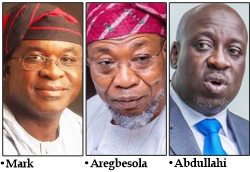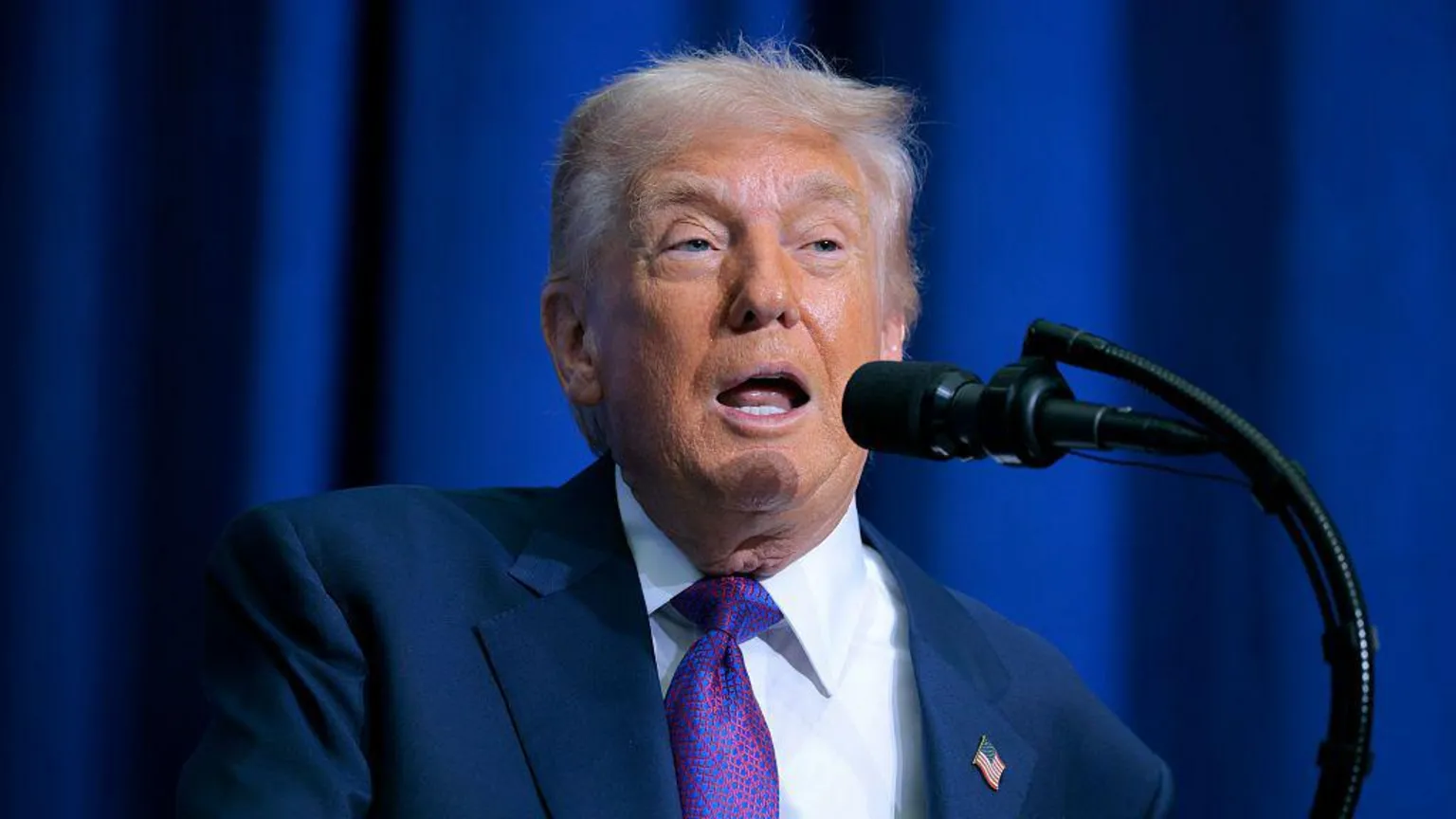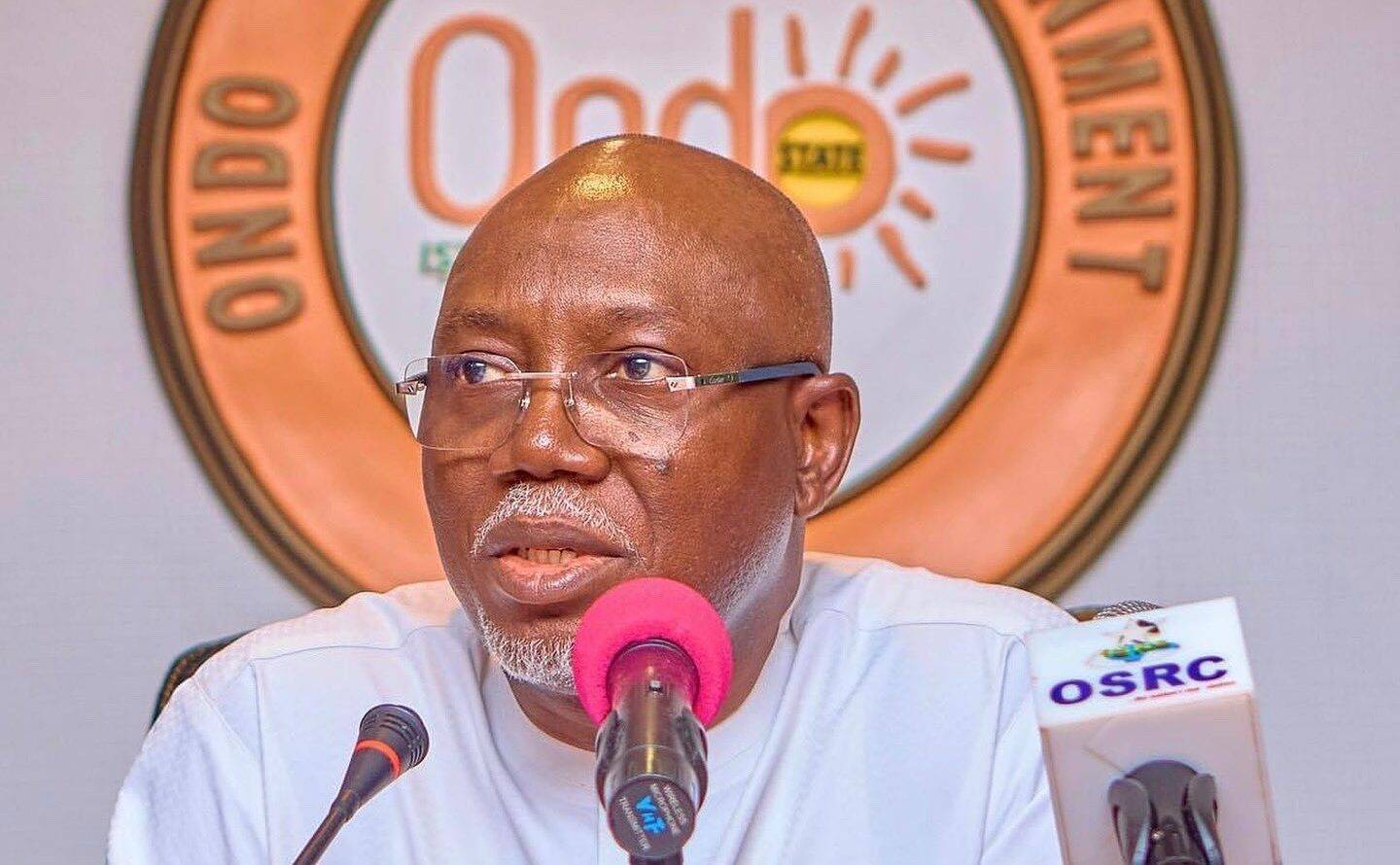It all started with the diminutive former governor of Kaduna State for eight years, Mallam Nasir ‘El Rufai, bitterly resigning his membership of the ruling All Progressives Congress (APC) and joining the Social Democratic Party (SDP) amid a flurry of media interviews in which he stridently denounced the President Bola Tinubu administration, which he accused of being the most incompetent and corrupt in the country’s history and inflicting hardships on the Nigerian people through its economic reforms. Coming from a man who as Director- General of the Bureau of Public Enterprises (BPE) under the former President Olusegun Obasanjo administration was implicated in the corruption -ridden privatization of public enterprises at give away prices to political cronies and hangers on; as Minister of the Federal Capital Territory (FCT) exposed residents of Abuja to mindless hardship in the name of implementing the city’s master plan and as Kaduna State governor has been accused by the succeeding government of financial recklessness leading to the state’s huge debt burden, alleged misappropriation of funds and rampant human rights abuses, his accusations against the Tinubu administration were utterly laughable to large numbers of Nigerians.
Many people were thus quick to conclude that El’Rufai’s real grouse against the administration was President Tinubu’s failure to appoint him into his Federal Executive Council (FEC) as he had promised due to unfavorable security reports during the screening of prospective Ministers. Although El’Rufai is now quick to assert in his increasingly boring media interviews that he never sought to be a Minister under Tinubu, it is instructive that he put off his announced plans to pursue his PhD programme after his tenure as governor in the expectation that he would be offered an appointment. Urging disgruntled politicians within and outside the APC to join him in the SDP to pursue the project of unseating Tinubu and the APC from power at the centre in 2027, El’Rufai was disappointed that the response to his call was hugely underwhelming. Beyond this, in a Kaduna State where he sat astride the apex political authority for eight years, he left the APC like a solitary orphan as no notable member of the party followed in his footsteps.
Even more dishearteningly for him, the founding leadership cadre of the SDP were clearly unenthusiastic about the prospects of their party being hijacked for the purpose of ganging up against Tinubu or anybody although they had also been critical of the APC government’s performance in office. Thus, El’Rufai found himself joining other aggrieved politicians like former Vice-president Atiku Abubakar, former two-term Rivers State governor and Minister of Transportation for eight years, Rotimi Amaechi, among others pursuing the efforts to register a new political party, the All Democratic Alliance (ADA) as the platform to actualize their obsession with unseating President Tinubu at the next election. Not being adept at the back-breaking hard work involved in the formation, nurturing and organization of a new political party, that effort floundered and this week, the group described by the APC as comprising Internally Displaced Politicians (IDPs), at last found a political party willing to be hijacked and thus landed in the African Democratic Congress (ADC) the leadership of which they promptly dislodged and took over.
Those described as ‘political heavy weights’ by sections of the media that converged at the Yar’Adua Centre in Abuja to announce their membership of the ADC with funfare include Alhaji Atiku Abubakar, Mr Peter Obi of still indeterminate party identity, Nasir El’Rufai, hungry Mr Rotimi Amaechi, former Edo State governor and National Chairman of the APC, Chief Odigie Oyegun, former President of the Senate and a key actor in the annulment of the June 12, 1993, presidential election won by the late Chief M.K. O Abiola, Mr David Mark, former Minister of Justice and Attorney General of the Federation in the Buhari administration, Alhaji Abubakar Malami, former governor of Sokoto State, Alhaji Aminu Tambuwal, former governor of Cross River State, Mr Liyel Imoke, former Minister of Sports, Mr Solomon Dalung, General Tunde Ogbeha (rtd), former National Chairman of the PDP, Mr Uche Secondus, former Minister of Sports and Youth Development, Mr Bolaji Abdullahi, Senator Dino Melaye and two-term governor of Osun State and Minister of the Interior also in the Buhari administration, Ogbeni Rauff Aregbesola. General David Mark became the Interim National Chairman of the emergent, still inchoate coalition, Ogbeni Rauf Aregbesola its interim National Secretary and Bolaji Abdullahi its protem Publicity Secretary.
The swan song of virtually all the speakers at the event was their determination to oust President Tinubu from power at the next polls in 2027, which is apparently the only issue on which they are united. But even then, the architects of what is difficult to differentiate from a hostile takeover of the ADC by the anti-Tinubu coalition do not appear to have undertaken a thorough due diligence of their new preferred party platform before their invasion and capture of the party. For, the presidential candidate of the ADC in the 2023 presidential election, Chief Dumebi kachukwu, and a number of the Party’s State Chairmen have condemned the arbitrary emergence of the new national helmsmen of the ADC without adherence to due process, which they describe as a violation of the party’s constitution. The Chairperson of the ADC in Plateau State, Mrs Hanatu Gagara, who supports the new coalition arrangement argued that the former Chairman who stepped down voluntarily for David Mark, Mr Ralph Nwosu, had been the sole financier of the ADC over the last two decades. But does that make the party his private property which he can handover to outsiders at will?
Those who are opposed to the emergent coalition arrangement within the ADC contend that, according to the party’s constitution, a new member cannot contest for party positions except he has been a member for at least two years. They argue further that national party officers can only be elected at a duly convened national convention and that the former party national Chairman, who purportedly voluntarily handed over to Senator David Mark has since ceased to occupy the position since 2022 when his tenure expired. If the aggrieved members of the ADC decide to seek legal redress in court, the complicated and most likely protracted judicial process may have injurious consequences for the coalition right from inception.
Even if the feuding ADC members eventually unite behind the new coalition arrangement, there are other possibly impeding factors which the aspiring coalition members must contend with and overcome. There is no doubt that Atiku is the main driving force behind the coalition as he seeks a new platform to actualize his ambition since it is obvious that the PDP are unlikely to concede their presidential ticket to him for a consecutive third election cycle.
But Peter Obi and Rotimi Amaechi also clearly still harbour presidential ambitions as both men have reportedly expressed their desire to contest the 2027 elections promising that they would serve for one term only if elected. Such a pledge many see as the height of deception and reflection of desperation since an incumbent once elected can easily renege on any pledge to serve for one term This has been only too common a story in our political history and experience. The implication is that even if the coalition suceeds in holding together, the ADC will have very contentious presidential primaries ahead of it and the outcome may be as destructive and disruptive for the party as the 2023 presidential primaries was for the now gravely enfeebled PDP.
Those opposed to President Tinubu’s re-election for a second term strive to play on people’s emotions by blaming current inflationary spirals on the economic reforms of the administration without stating if there are viable alternatives to these reforms and clearly articulating what these may be.
Furthermore, in their various media interviews, the leading lights of the coalition such as Atiku, Obi, El’Rufai and Amaechi assert that the administration has no achievements whatsoever to showcase in its two years in office so far. This is intellectually dishonest. While the gullible may be carried away by such emotional and irrational rhetoric, many discerning members of the electorate will also most certainly be put off by such reckless and fraudulent generalizations.
In its 2025 Article IV Mission with Nigeria released on July 2, the Executive Board of the International Monetary Fund (IMF) concluded that “The Nigerian authorities have implemented major reforms over the last two years which have improved macroeconomic stability and enhanced resilience. The authorities have removed costly fuel subsidies, stopped monetary financing of the fiscal deficit and improved the functioning of the foreign exchange market.
Investor confidence has strengthened, helping Nigeria successfully tap the Euro bond market and leading to a resumption of portfolio inflows… Growth accelerated to 3.4 percent in 2024, driven mainly by increased hydrocarbon output and vibrant services sector. Real GDP is expected to expand by 3.4 percent in 2025, supported by the new domestic refinery, higher oil production and robust services. Against a complex and uncertain external environment, medium-term growth is projected to hover around three and a half percent supported by domestic reform gains”.
Of course, the IMF acknowledged subsisting challenges and recommended greater efforts to bridge current infrastructure gaps, boost agricultural productivity to address poverty and food insecurity, tackle red tape, boost electricity supply as well as enhance health and education spending. But this is a far cry from claiming falsely that the administration has not achieved anything in two years just for reasons of partisan animosity. In any case, leading members of the emergent coalition have been in critical public offices at the federal and sub-national levels for considerable periods since 1999. They are no less culpable for the grave economic crisis caused by elite corruption, incompetence and lack of vision that the Tinubu administration is trying to tackle. Is there any evidence in their political trajectory that they will offer Nigerians better governance than the Tinubu administration? The answer is clearly in the negative.














